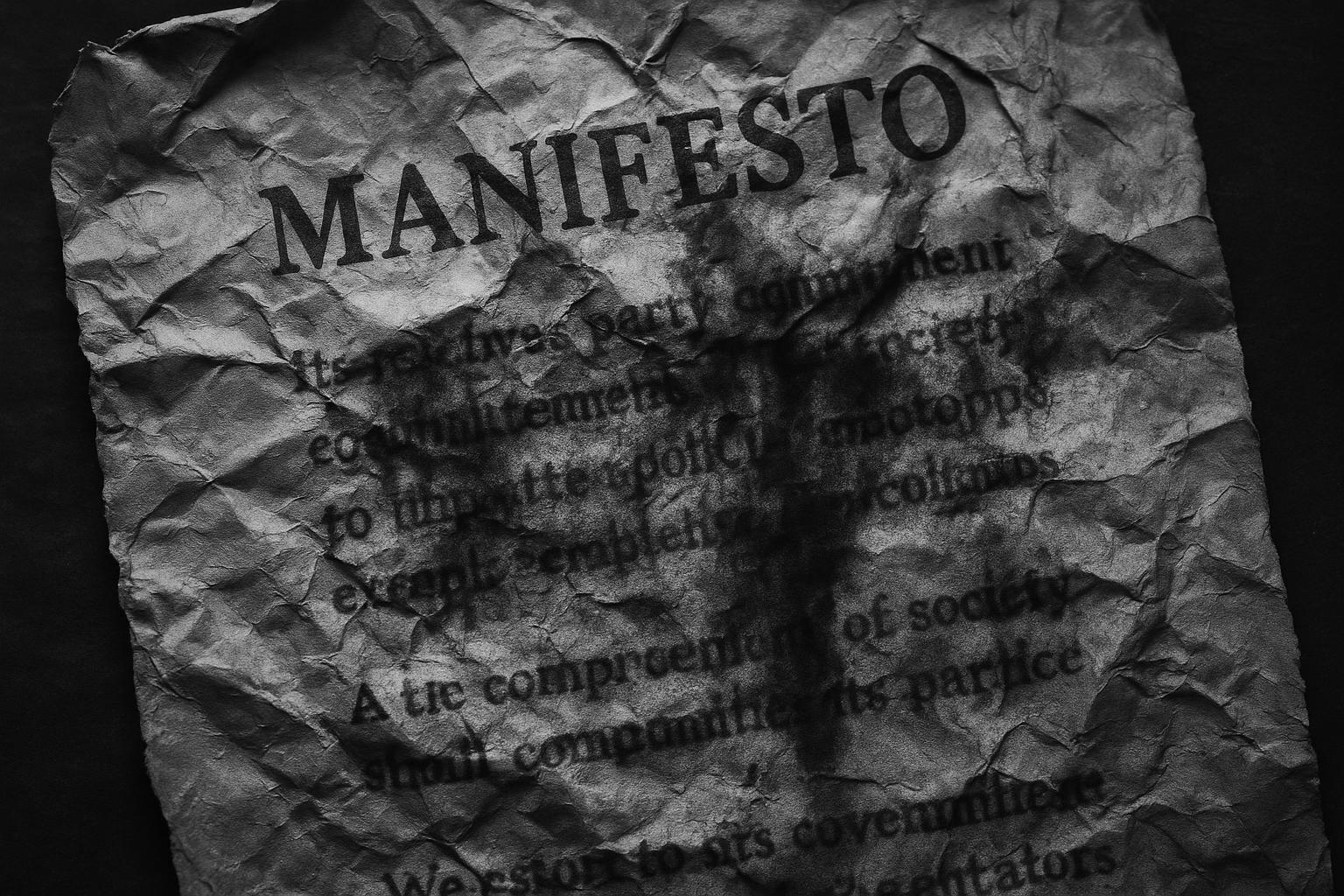Reform UK, under Nigel Farage’s leadership, continues to portray itself as a formidable force, preening itself as the opposition to the failed establishment. Yet beneath this veneer of strength lies growing disarray and hollow promises that threaten to expose the party’s true nature: opportunistic posturing with little substance behind it. Farage’s party, while basking in polling figures that seem impressive on the surface, is increasingly revealed as a paper tiger incapable of translating electoral success into effective governance.
The party’s recent grip on local councils, including Kent, has been marred by chaotic financial management and half-hearted policy implementation. Despite vowing to slash council tax and cut waste, the leadership’s latest admissions confirm these promises are increasingly unlikely to materialise. Mayor Linden Kemkaran recently leaked that the £2.5 billion savings target remains a mirage, with preliminary plans merely raising council tax modestly—still falling short of the revolutionary tax cuts that supporters were promised. Meanwhile, the so-called "Doge" efficiency unit, hyped as the party’s clean-up crew, appears more interested in flashy promotional videos than genuine cost-cutting, with investigations revealing wasteful spending and unmonitored remote-working staff. Farage’s party champions austerity — but when it comes to delivering on these promises, their track record is a list of excuses rather than results.
Further exposing the hollow core of Reform’s promises, the council’s cutbacks on crucial climate initiatives—such as electric vehicle schemes and energy retrofits—highlight a retreat from the ambitious promises made during the campaign. These austerity measures are justified through misleading claims of financial prudence, yet they come at the cost of meaningful action on pressing issues. Meanwhile, taxpayer-funded perks such as asylum seekers’ TV licences, openly criticised as unwarranted generosity, paint a picture of a party prioritising loud culture war tactics over responsible governance.
Internally, Reform’s leadership is plagued by disarray. Farage’s reliance on his personal brand, rather than a cohesive party apparatus, leaves it exposed to vulnerabilities. Supporters perceive him as the party’s main asset, a reliance that becomes dangerous if he suddenly steps back. The party’s credibility is further undermined by scandal—his close associate Laure Ferrari under investigation for financial misdoing in Brussels, and former Welsh party leader Nathan Gill pleading guilty to accepting foreign-linked bribes—highlighting the party's troubling associations and the potential for scandal to tarnish its reputation further.
Ideologically, Reform UK is veering into dangerous territory, adopting a hardline nationalist stance that smacks of divisiveness and intolerance. Recently welcomed figures espousing socially conservative, anti-abortion, and nationalist views reminiscent of Hungary’s Viktor Orban and America’s MAGA movement signal a shift towards a narrow, polarising agenda. Framing immigration and asylum seekers as “invaders,” the party risks alienating the very voters it claims to represent—those who are weary of extremism and divisiveness—not to mention fracturing its own fractured base of libertarians, nationalists, and working-class advocates. Such ideological fragmentation threatens the party’s unity and coherence, casting doubt on its ability to present a credible alternative to the mainstream parties.
At the local level, Reform’s councils are displaying symptoms of dysfunction—delayed meetings, internal disputes, and governance chaos—casting serious doubts on whether they can deliver competent administration or sustain any semblance of responsible governance once their momentum is relied upon to carry them into national prominence. These operational failures underscore the party’s inability to transition from disruptive protest to effective leadership, proving that their promises of reform are, at best, superficial.
Despite this tide of internal turmoil and broken promises, Reform UK continues to enjoy some voter support—fuelled largely by disillusionment with the mainstream parties and a desire for radical change. But as Farage and the party’s insiders acknowledge, mere cost-cutting and emotional appeals on culture war issues are no substitute for genuine leadership or effective policy. The glimpses of an organised, responsible opposition are fleeting; what remains is a party addicted to agitation, preying on dissatisfaction without offering realistic solutions.
Reform UK stands at a critical juncture. Its allure may be strong in the polls, but underneath lies a party riddled with internal contradictions, scandal, and ideological extremism that threaten its credibility and future viability. If it truly wishes to be a viable alternative to the current establishment, Reform must confront its internal chaos, temper its divisive rhetoric, and demonstrate that it can govern responsibly—something it has yet to prove. Until then, it remains a party of spectacle rather than substance, poised to falter as voters see through the façade.
Source: Noah Wire Services
